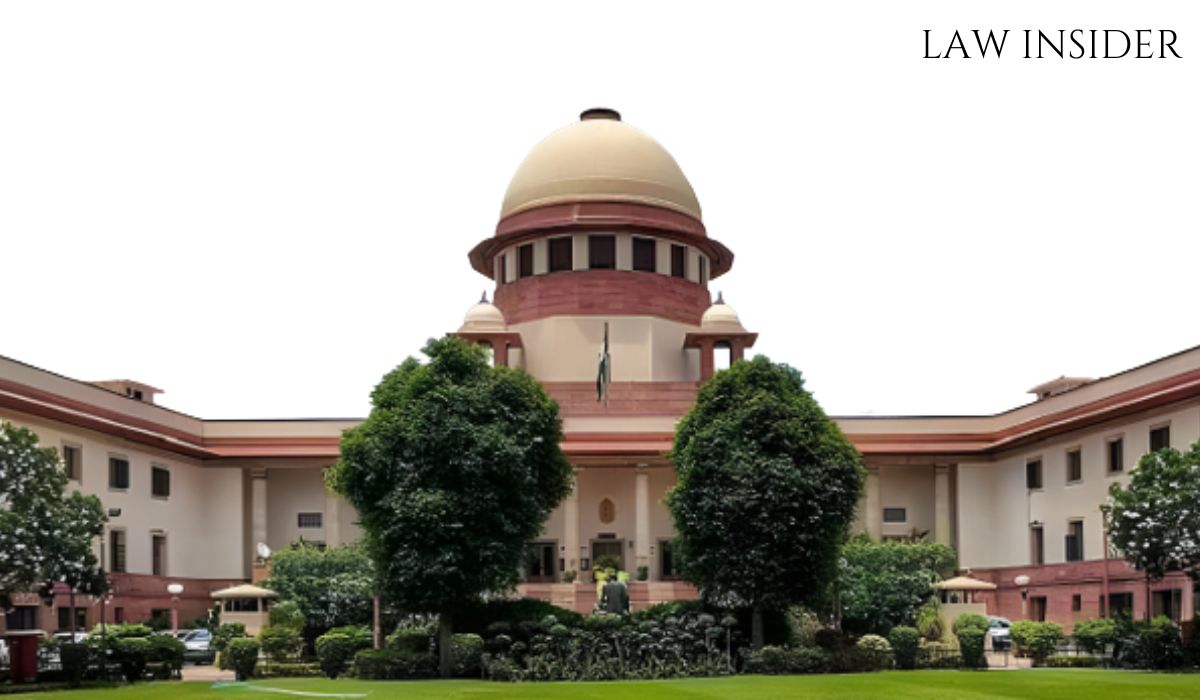LI Network
Published on: 26 July 2023 at 16:50 IST
The Supreme Court, in response to an appeal filed by Bhartiya Kamgar Karmachari Mahasangh against Jet Airways Ltd., has ruled that as per the Bombay Industrial Employment (Standing Orders) Rules, 1959, commonly known as Bombay Model Standing Order, a workman who has worked for 240 days in an establishment should be entitled to permanent status.
The two-Judge Bench comprising of Justice Abhay S. Oka and Justice Sanjay Karol emphasized that any agreement or settlement that denies this right to the employee would not be binding, as the Act is intended to protect the rights of workers.
The Tribunal and the High Court had previously disagreed with this interpretation. The High Court, while upholding the Central Government Industrial Tribunal’s (CGIT) order, held that mere completion of 240 days would not automatically grant permanency under the Model Standing Order, considering the settlement and Clause 18 therein.
The case arose from a dispute involving around 169 temporary workers engaged under fixed-term contracts by Jet Airways in various roles like loader-cum-cleaners, drivers, and operators. The appellant argued that despite completing 240 days of service, these workers were still treated as temporary employees, while their work was of a permanent and regular nature.
The trade union representing the workers had raised various demands, which led to negotiations and a settlement. However, in this settlement, Bhartiya Kamgar Sena gave up the demand for permanency in exchange for other benefits for the workers. The company claimed that this settlement invalidated the workers’ claim for permanency.
The matter was brought before the CGIT, which ruled that non-renewal of fixed-term contracts did not constitute retrenchment under Section 2(oo)(bb) of the Industrial Disputes Act, 1947. Therefore, there was no question of re-employment or granting permanency.
The Supreme Court addressed two primary issues:
First, the authority empowered to issue the Standing Order(s) under the Industrial Employment (Standing Orders) Act, 1946, and second, whether a private agreement between the parties would override the Standing Order.
Regarding the first issue, the Court clarified that the appropriate authority in this case would be the State Government, not the Central Government, as the respondent company was not under the control of the Central Government.
Regarding the second issue, the Supreme Court upheld the entitlement of the appellant to all benefits as per the Bombay Model Standing Order, including the right to permanency.
Thus, the Court allowed the appeal, quashed the award of CGIT, and overturned the High Court’s judgment.

